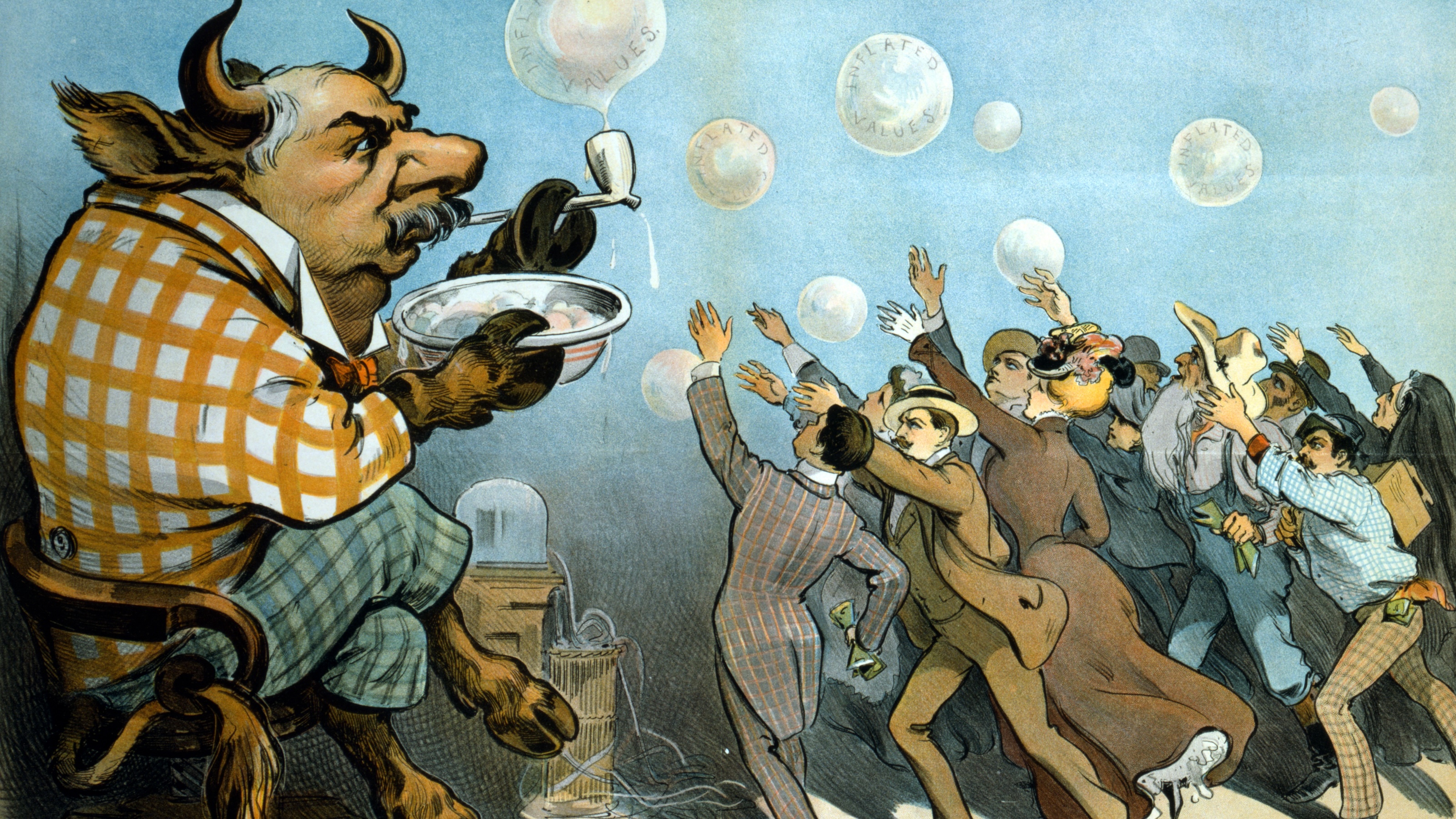Who Benefits From Derivatives Reform?

Sign up for the Smarter Faster newsletter
A weekly newsletter featuring the biggest ideas from the smartest people
Financial regulatory reform will soon be a reality, almost two years after the devastating financial crash of 2008. A 2,300 page bill was passed by the Senate in a 60-38 vote this afternoon and will be sent to President Obama’s desk for signing.
One of the more controversial measures in this bill is the regulation of derivatives trading, which has been blamed for exacerbating the credit crunch. Derivatives, which originated as instruments for farmers to hedge against unexpected changes in crop prices, have become increasingly complex in recent decades. The name comes from the fact that they are securities whose values are derived from the price of something else—say, the price of corn three months from now—and they have historically been a stable way for companies to insulate themselves against fluctuations in the price of commodities. But all of that changed in the past decade, as derivatives markets were deregulated and more investors used them for highly leveraged speculation. The bill that will be signed by President Obama seeks to return transparency to derivatives trading, ending off-exchange derivatives trading for all investors except those who legitimately need to hedge risk, like airlines, trucking, and agricultural companies.
Big Think spoke to Nobel Prize-winning NYU economist Robert Engle recently about the nascent financial regulatory reform bill and derivatives trading. He said it was understandable and perfectly reasonable that banks would put up a fight:
“There is a big business by the investment banks in being the counter-party for the world. You have hundreds or thousands of customers, either companies or hedge funds, that are trading with 10 or 15 central banks, and there are fees that go with that. There are uncertain prices so that some of the price points might not be the most efficient prices available. And so these are profit centers for these banks. So they were clearly opposed to the idea of moving to central counter-parties and central clearing.”
In other words, banks have been making billions by acting as the middlemen for off-exchange derivatives trading, much of which is based on speculation. Ideally, what this bill will do is to return derivatives trading to a stable means for end-users, like home-heating companies, to hedge risk, rather than for speculators and middlemen to engage in risky gambles. Engle said that doing so would return a sense of security to individual investors:
“I think the main thing that this bill means is that individual investors and individual citizens will have a little more comfort that the financial system is more stable. The risks that are taken and not really well disclosed are not going to be as easy to take anymore. So, my feeling is that there will be investors who today are not willing to put their money in the markets, but with financial regulation in place they will feel like that’s a safer place to put their money. So, I expect the stock market actually to have a positive response to good regulation.”
Some have argued that banks will find ways around this derivatives regulation by moving derivatives trading to foreign countries with fewer regulations. Engle agreed that to some extent the bill might not succeed in creating one central, transparent market for derivatives:
“I don’t think that all this derivatives trading is going to actually end up being moved because too much of it is going to be carefully crafted to one particular part of the market and so there won’t be enough volume to move it to central clearing. So I think there will remain an OTC market, but with hopefully more transparency and less systemic risk associated with it.”
The success of today’s reform bill will ultimately depend on how well it can guard again evasive measures like these from the banks.
Sign up for the Smarter Faster newsletter
A weekly newsletter featuring the biggest ideas from the smartest people





